Last year there was a news about the last Jew living in Afghanistan. Due to religious fanaticism, the Jews living in Afghanistan gradually left the country, except one. Where did he go? It is obvious that he must have gone to his homeland Israel or to some other non-Islamic country. After this, news came that 25 Sikhs were killed in the terrorist attack on Guru Har Rai Sahib Gurdwara in Kabul. The families of the Sikhs killed in Afghanistan and the Sikhs who survived there saw a ray of hope and that too the Citizenship Amendment Act of India against which the people who beat the drums of communal unity had created anti-national violence in Shaheen Bagh for several months. .
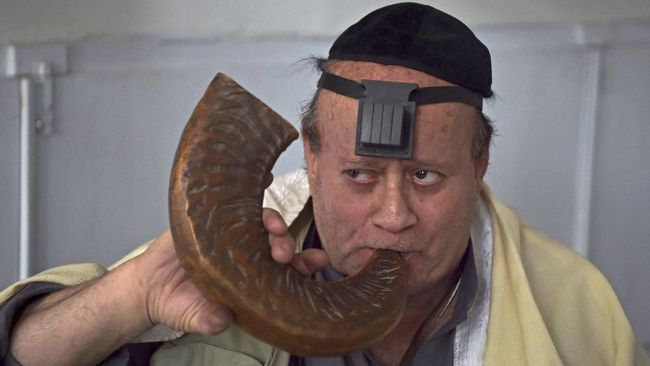
With the help of this Citizenship Amendment Act, 128 Hindu and Sikh families from Afghanistan reached India, news came that 700 Sikhs, who had become victims of the whims of religious devils, would be brought back to India. Now the question is, why do these people have to leave their homeland? Why do they have to leave their homes and run away from the country in which they were born and whose soil they irrigated with blood and sweat? The reason is clear, this is the condition of infidels everywhere.
In Afghanistan, minorities Hindus and Sikhs are not allowed admission in schools. It is common for people of both communities to be publicly called infidels, spit on, and have stones thrown at their funerals. Women of both these communities have to use burqa to go out. Shopkeepers have to pay ‘Jizya’ to local agencies in return for doing business. They are not given any place in government jobs. Despite knowing all this, India’s opposition continued to oppose the Citizenship Amendment Act.
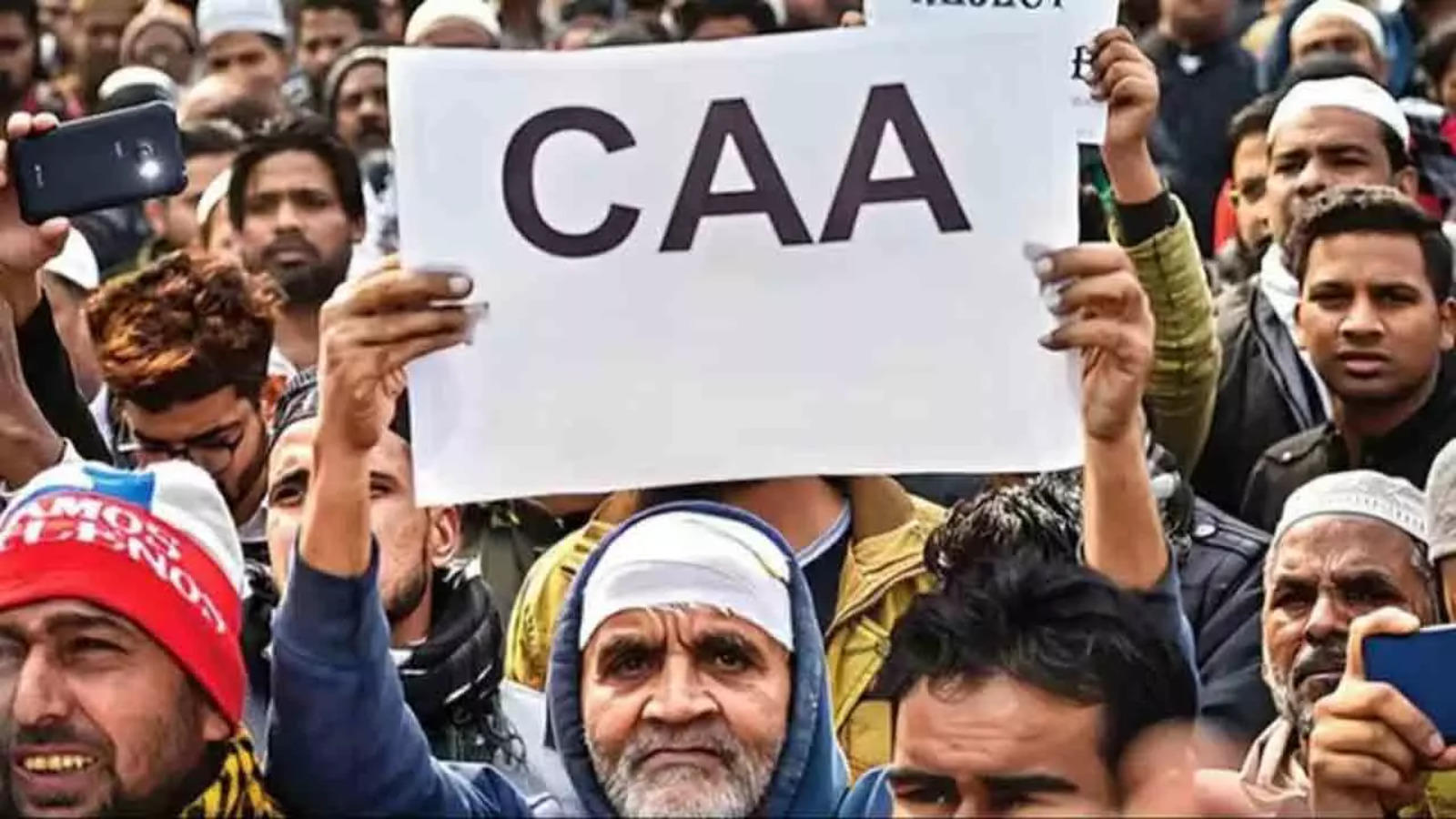
Why only Afghanistan, Sialkot district of Pakistan, Hindus once lived here, this was their motherland. Call it birthplace or place of work, it was land. Today, Om written on the doors of this deserted house is also visible. These two-storey houses with excellent carvings were built before 1947, that is, when people had mud houses and thatched roofs. But the line of partition was drawn and the Hindus, Sikhs and Jains living in pucca houses became homeless overnight and left behind the marks of destruction, the testimony of which is still being given by a large number of dilapidated houses, temples and Gurudwaras. Sarwan Singh had lost 22 members of his family in the riots during partition. Mohan Singh was only six years old at that time. But circumstances have transformed him from Mohan Singh to Abdul Khaliq.
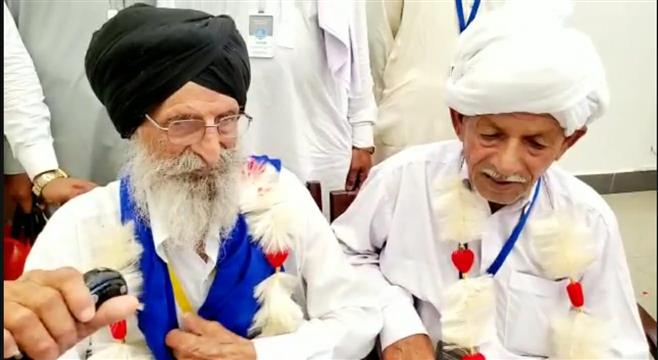
To ensure that no one else becomes Mohan Abdul Khaliq, CAA (Citizenship Amendment Act) has been implemented in India. This law is about giving citizenship to minority communities who are being religiously persecuted in Pakistan, Bangladesh and Afghanistan. This law came into existence because statistics have been continuously showing how non-Muslims are being treated discriminatory in Pakistan, Afghanistan and Bangladesh. How institutional discrimination against non-Muslims started in Pakistan after the implementation of the Constitution. And it is not that the West is not aware of this.
In the list of religious freedom violations released every year by America, Pakistan’s name is included in the country where there is no religious freedom. Pakistan has been included in the list of Countries of Particular Concern, which means that very serious cases related to violation of religious freedom have been registered here. Hindu America Foundation also releases many statistics from time to time on the plight of Pakistani Hindus and the biggest evidence is those Pakistani Hindus who have come to India to seek refuge in order to protect their religious identity. India is their own home. If they do not get shelter in their own home then where will they get it? This is a question that should be asked to that section of the foreign media which, as soon as the CAA is implemented, is trying to play the same game by terming it as anti-Muslim, which it had played a few years ago. A report by Pakistan’s Center for Peace and Justice and based on data collected from the National Database and Registration Authority said minorities constitute less than five percent of Pakistan’s total population, with Hindus being the largest minority community. Is.

All minorities in Pakistan, including the Hindu population, are poor and have negligible representation in the country’s legislative system. Most of the Hindu population is settled in Sindh province where they share culture, tradition and language with Muslim residents. They often complain of harassment by extremists
Dedicating its report to late activist Asma Jahangir, the commission had said that even though terrorism-related deaths may have reduced, religious minorities are bearing the brunt of violence. They are being kidnapped, but the blasphemy law has forced people to remain silent. Intolerance and extremism have limited the social and cultural activities of the minority community. The government there was ineffective in dealing with the issue of oppression of minorities and failed to fulfill its duties.
In fact, today the population of Hindus in Pakistan is about 70 lakh and it is the largest minority community of Pakistan. The biggest concern of this community is forced conversion, mostly girls are forced to convert. The report says that most of the minor girls are kidnapped, forcibly converted to Islam and then married to a Muslim person.

Similarly, Buddhism once had an ancient history from Pakistan to Afghanistan. The stupas present in the area of Takshila in Punjab and Takht Bai in Khyber Pakhtunkhwa and the Gandhara culture that originated in Swat Valley are considered to be the cradle of Buddhism, but now the situation is such that no regular temple of Buddhists exists in Pakistan. Political representation of Buddhists is zero and despite being Pakistani, they are deprived of identity, as if they are a forgotten community. Gradually, it is possible that after a generation or two, their existence will be completely wiped out. There are many holy places of Sikhs in Pakistani Punjab, but today they too are struggling to save their existence.
Not only this, Christian people also remain in danger in Pakistan. The fear of blasphemy law hangs like a sword over the heads of their community all the time. Where these questions were to be raised in the Pakistani media, which was cursing India over the murder of Akhlaq and Pehlu Khan, the media is plastering the violent face of Pakistan with the color of liberalism and running the news that 24 year old Manmeet Kaur, resident of Peshawar, Became the first Sikh woman journalist of Pakistan. Perhaps this is the only first achievement in Pakistan’s pocket in the last 70 years in terms of appeasing the minority community, which has been telecasted repeatedly on TV to wash away the stain of the murder of Charanjit Singh and the rape and conversion of thousands of Hindu girls on the face of Pakistan. An attempt was being made.
Whereas the truth is that sect-based violence continues in the name of religion in Pakistan and the government fails to protect minorities from attacks and discrimination. The extremists are hell-bent on creating a distinct Islamic identity for Pakistan and they seem to have been given a free hand. At the time of independence, the minority population in Pakistan was more than 20 percent. According to the 1998 census, this number has come down to around 3 percent. In such a situation, the question arises that where has the 17 percent minority community gone?…
According to Home Ministry data, between 2011 and 2014, 14,726 Pakistani Hindus were given LTV i.e. long term visa. After this, a new government came in the country and according to the Home Ministry, 600 LTVs have been given to Pakistani Hindus from November 2021 to February this year.
The report shows that today there are 25 thousand Pakistani Hindus in Rajasthan alone who are waiting to get citizenship. Some of these have been waiting for the last 20 years. Many people have also applied offline. Apart from this, the government received 8,244 applications for citizenship from 6 communities of neighboring countries in the years 2018, 2019, 2020 and 2021.
That means the Hindu of Pakistan neither belongs to the house nor to the ghat. There is compulsion to change religion, here the threat of livelihood and who knows when they will be thrown out always looms. And the question was arising that in this country there is no space for a small hut for the Hindus, otherwise a mausoleum can be built at the crossroads, up and down the road, but there is no house for any Hindu, in such a situation the coming of this law will help those lakhs of people. It is no less than a boon for Pakistani Hindu Sikhs, whose daughters are abducted in broad daylight in Pakistan….at least now they can save their religion and their daughters with the hope that they will get shelter in India. …The question is also that in a country where crores of Bangladeshi Muslims and Rohinga Muslims can enter and live illegally from Myanmar, then why not the suffering Hindus in Pakistan and Bangladesh?
BY- Rajeev Choudhary





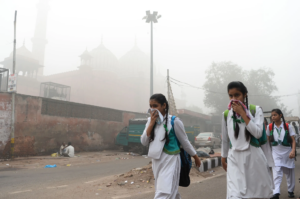
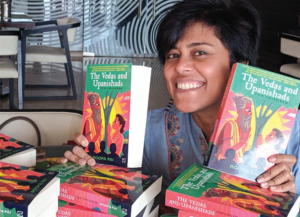
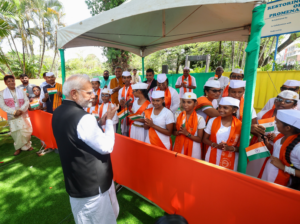
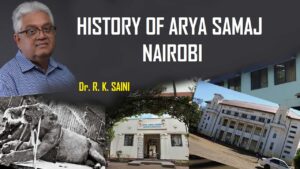
More Stories
Is superstition making children sacrifice?
Who is the real king of Middle East Gulf countries?
Will Indian Medical Association also come out against medicine pharma companies?